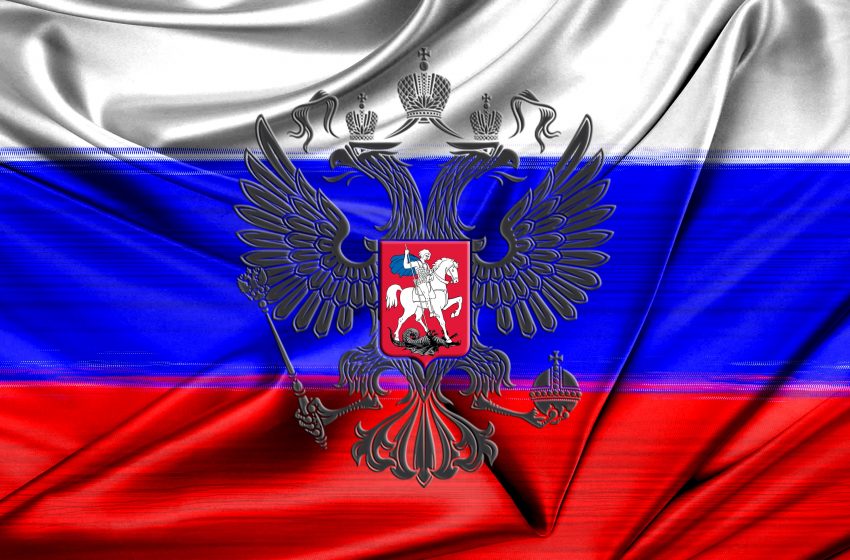EU reaches agreement on $60-per-barrel price cap on Russian oil

close video FOX Business Flash top headlines for December 2
Check out what’s clicking on FoxBusiness.com
The European Union on Friday reached a deal to cap Russian maritime oil at $60 a barrel in an attempt to keep global oil prices down but hit Russia’s top moneymaker amid its war in Ukraine.
Under the agreement, Western companies will not be able to insure, finance or ship Russian oil unless it is sold for less than $60 a barrel, The Wall Street Journal reported.
The move is designed to cut Moscow’s oil revenues to better drain Russia’s finances. But it's also an attempt to balance energy prices and inflation concerns by keeping some Russian oil on the market.
A common type of Russian oil, known in the industry as Urals, is priced at an increasingly wide discount, signaling that buyers of Russian oil remain skittish. (Rosneft handout via EYEPRESS)
US TREASURY SEEKS PHASED G-7 OIL SANCTIONS AS EU BAN LOOMS
The EU’s agreement has reportedly set the stage for additional steps the G-7 plans to announce Monday, which are expected to further target the Kremlin’s war effort.
The price cap initiative was reportedly led by nations in the G-7, which will still need to approve the plan before it is officially implemented.
EU leaders negotiated for days over the price cap with some nations like Poland and the Baltic States arguing for an even stricter price cap set at $30 a barrel. Nations with direct ties to the shipping industries that help transport Russian oil, like Greece, Cyprus and Malta, pushed for a higher price cap set at $70 a barrel, EuroNews reported Friday.
Russian President Vladimir Putin attends a meeting on economic issues via videoconference at the Novo-Ogaryovo residence outside Moscow, Russia, June 7. (Mikhail Metzel, Sputnik, Kremlin Pool Photo via AP / Associated Press)
EU HITS RUSSIA WITH NEW SANCTIONS, ISSUES PRICE CAP ON OIL FOLLOWING NORD STREAM 'SABOTAGE'
The European Commission, the executive branch of the EU, had originally proposed a $65-$70-per-barrel price limit.
"Crippling Russia’s energy revenues is at the core of stopping Russia’s war machine," Estonian Prime Minister Kaja Kallas said.
Kallas said she was pleased the EU agreed to come down on the price limit per barrel but claimed that every dollar reduced in the cap amounted to $2 billion less in Russia’s war chest.
An oil treatment plant in the Yarakta Oil Field owned by Irkutsk Oil Company in Irkutsk Region, Russia March 10, 2019. (REUTERS/Vasily Fedosenko / Reuters Photos)
CLICK HERE TO GET THE FOX BUSINESS APP
"It is no secret that we wanted the price to be lower," she added. "A price between $30-40 is what would substantially hurt Russia. However, this is the best compromise we could get."
Though some fear that the $60 price limit per barrel will not be enough to drastically impact Russia’s finances, it will likely have some impact given the international benchmark, Brent crude, which was set at $86.68 a barrel Friday.
The Associated Press contributed to this report.









